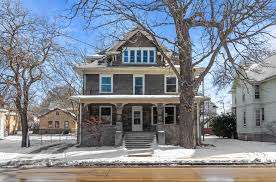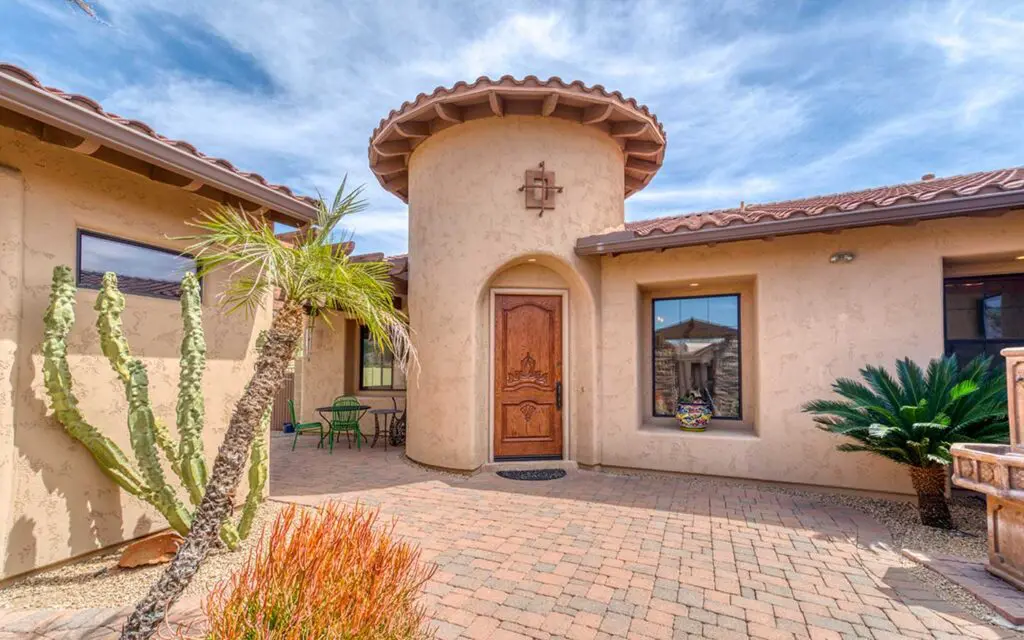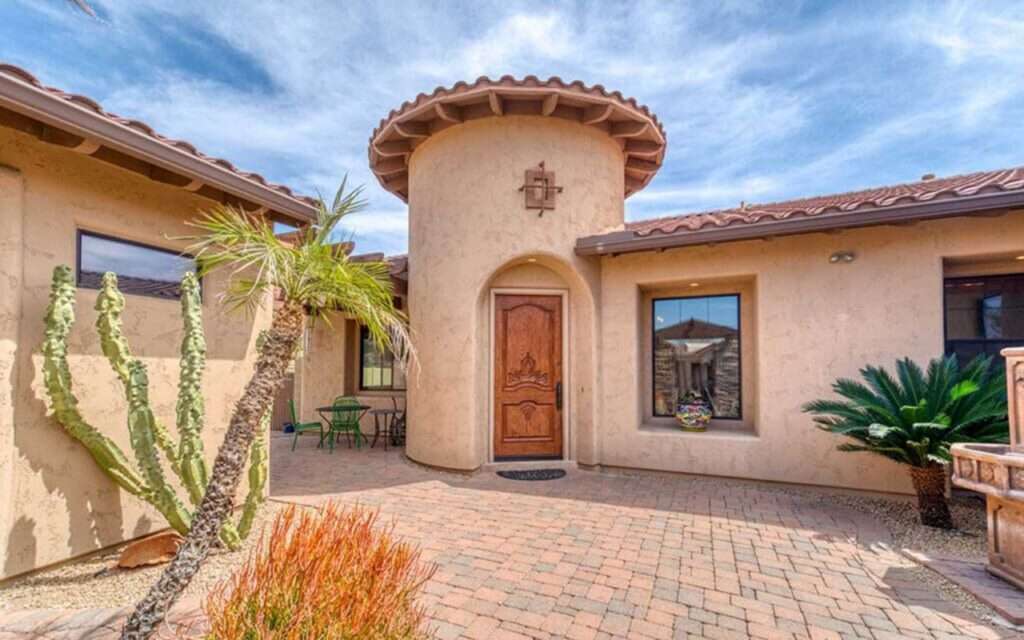The billionaire Mowbray brothers of New Zealand have been revealed as the mystery investors behind the purchase of $65 million worth of Malibu beachfront lots devastated by California’s wildfires, with plans to redevelop the coastline using their technology company, Zuru Tech.
Nick and Mat Mowbray, who co-founded the Zuru toy and consumer goods empire, acquired the sites through an LLC registered at the same address as Zuru’s U.S. headquarters in El Segundo. Realtor.com confirmed the brothers’ involvement, with four more plots reportedly added to the initial acquisitions.
The brothers, who have spent significant time in Malibu, say they were moved to act after seeing the destruction firsthand. “When the fire happened, it hit home for them,” said Marcel Fontijn, Zuru Tech’s U.S. director of operations. “They wanted to be part of the future of Malibu. It feels close to home; you have more vested in it.”
At a business summit in New Zealand in July, Nick Mowbray publicly acknowledged the scale of the acquisitions. “I think we’ve got about 12 sections there right now along the front, and we’re actually building our own Zuru Tech buildings to redevelop that whole Malibu beachfront,” he said, describing the projects as the company’s first internal developments.
Local reports in New Zealand suggested the Malibu rebuild could involve cut-price factory-built housing, but Zuru executives have since clarified this will not be the case. Instead, the company intends to use off-site manufactured components to speed up construction and ease congestion along the Pacific Coast Highway. “We believe that having some off-site components for the rebuild is beneficial to Malibu,” Fontijn explained.
The brothers’ Malibu project will also showcase Dreamcatcher, Zuru Tech’s flagship design and construction software. Still in prototype stage, the system embeds building codes for locations around the world, integrates terrain and seismic data, and simulates structural loads. In China, a full-scale pilot factory is already producing new homes every one to two weeks as part of the debugging process. “You can drop a pin anywhere in the world and it will work out the building codes for that location,” Nick said during his presentation.
Despite the technological ambition, progress in Malibu will depend on the city’s stringent planning process. Following the 2018 Woolsey Fire, which destroyed more than 700 structures, new ordinances and high coastal rebuilding fees were introduced. Permit approvals can take 12 to 24 months, and each coastal property requires extensive reviews.
Fontijn stressed that any prefabricated parts used in the rebuild will meet U.S. quality and safety standards. “Anything you produce that is used in houses in the U.S. has to be certified and tested by U.S.-based agencies,” he said, confirming Zuru Tech uses Intertek for inspections before components are shipped.
The purchases have already attracted attention from real estate professionals. Broker Westin Littlefield, who handled several of the sales, said the developers targeted lots with at least 40 feet of frontage, with some plots extending up to 63 feet, to maximise resale value for homes that could command $25 million or more once completed.
For now, the Mowbrays remain in the permitting phase. But their ambition is clear: to turn Malibu’s fire-scorched coastline into a showcase for their building technology while helping to restore one of California’s most iconic beachfront communities.





